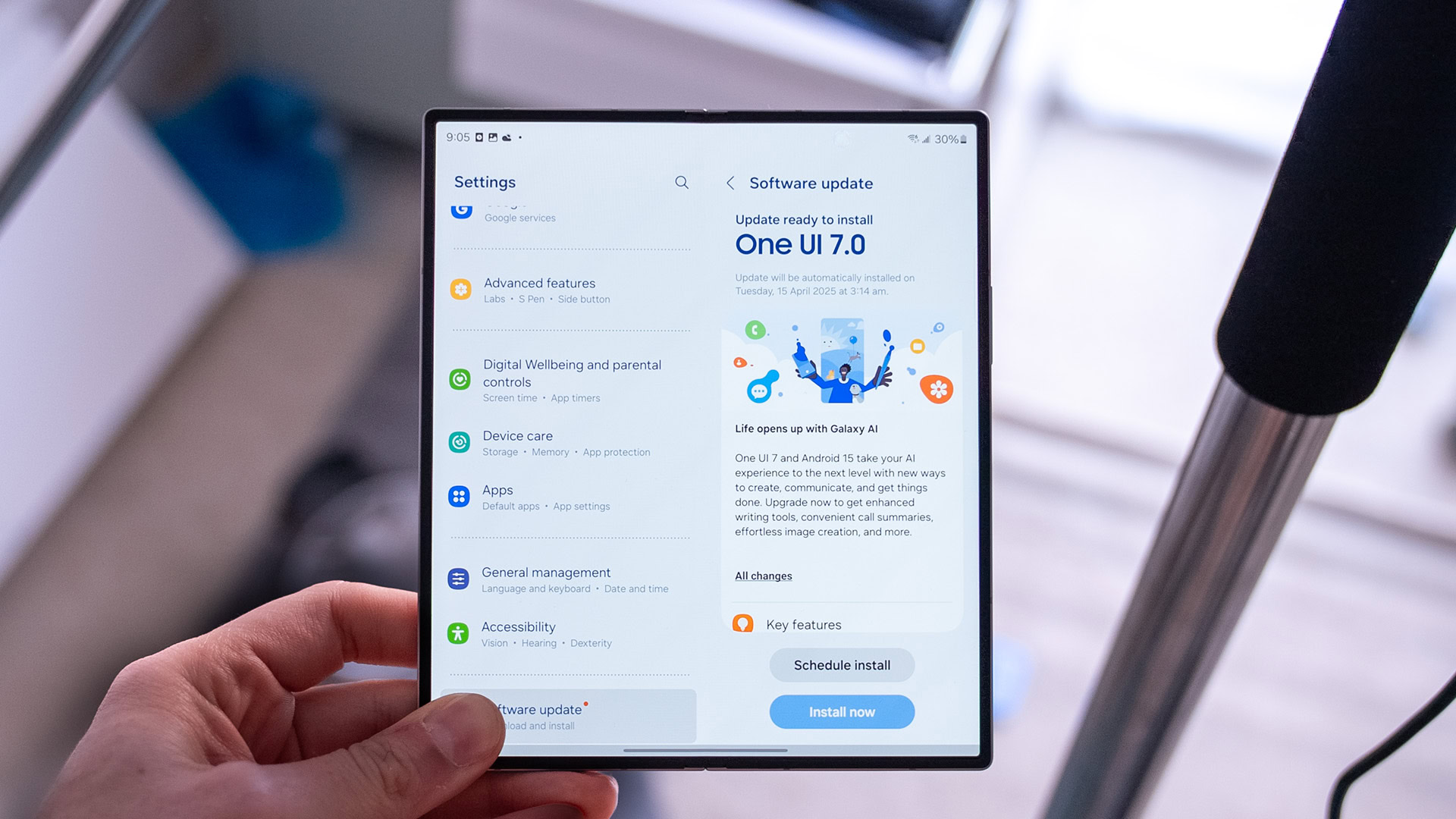2025 SUD Billing Predictions: Adapting to New Reimbursement Models
As we approach 2025, the scenario of Substance Use Disorder (SUD) billing is evolving significantly, driven by new regulations, reimbursement models, and technological advancements.

As we approach 2025, the scenario of Substance Use Disorder (SUD) billing is evolving significantly, driven by new regulations, reimbursement models, and technological advancements. These changes reflect a broader shift toward integrated, patient-centered care and aim to enhance access to services, improve outcomes, and reduce the financial burden on patients and providers alike. The following is an in-depth analysis of the key predictions for SUD billing in 2025, focusing on new reimbursement models, policy shifts, and operational adjustments.
1. Telehealth and Remote Services Expansion
Telehealth services, especially for mental health and SUD treatment, have seen rapid growth over the past few years, and this trend is expected to continue into 2025. The Medicare Physician Fee Schedule (MPFS) for 2025 includes provisions to permanently allow audio-only telehealth for certain SUD services, like methadone treatment and assessments in opioid treatment programs (OTPs).
This flexibility, which will apply to all Medicare beneficiaries, is expected to expand access to care for patients in underserved or remote areas. However, there are new in-person requirements for telehealth services in 2025. Patients will need to have had an in-person visit at least six months prior to or after the telehealth session, particularly for mental health and co-occurring SUD conditions. This is a significant shift for behavioral health providers who rely heavily on telehealth.
2. Opioid Treatment Programs (OTPs) and New Payment Models
Opioid Treatment Programs (OTPs) will see a series of changes under the 2025 reimbursement structure. Notably, Medicare will increase payment rates for OTP services, which will now include social determinants of health (SDOH) assessments as part of the bundled service for intake (G2076). The inclusion of SDOH assessments aims to address broader health risks that can affect treatment outcomes for SUD patients. Moreover, the Medicare reimbursement for OTP services will now require specific documentation, including a diagnosis of opioid use disorder (OUD),to be submitted with claims.
3. Introduction of New HCPCS Codes for Behavioral Health and SUD Services
The 2025 billing cycle will introduce new HCPCS codes for various SUD-related services. These codes will improve the ability to track and reimburse for specific interventions such as safety planning for patients at risk of overdose or suicide. In particular, the G-codes for safety planning interventions are designed to recognize the time clinicians spend connecting patients with community-based services or establishing safety plans following a crisis. These new codes will be available to Medicare providers and may be adopted by private insurers as well.
Additionally, interprofessional consultation services will be expanded, allowing clinical psychologists, social workers, and addiction counselors to bill for consultations with other healthcare providers. This change is particularly relevant as it fosters a more collaborative care model, where behavioral health experts can directly advise on SUD treatment plans.
4. Integration of Digital Therapeutics in SUD Treatment
The 2025 billing updates will also introduce digital therapeutics for behavioral health, with Medicare covering devices that are FDA-approved for treating mental health and SUD conditions. This coverage will be tied to clinical oversight, meaning providers will need to use these devices as part of an ongoing treatment plan, reviewing data and adjusting care based on the device’s findings. This marks a significant shift towards technologically augmented care in SUD treatment, particularly for patients with opioid use disorder (OUD) or alcohol use disorder (AUD). While the full implications of this change are still unfolding, it opens the door to a more personalized and data-driven approach to treating SUD.
5. A Focus on Crisis and Post-Discharge Follow-up
The Medicare 2025 plan will also prioritize crisis services, with new Medical billing codes for safety planning and post-discharge follow-up services. These services are especially important for individuals who have recently experienced a crisis, such as an overdose or suicide attempt. Providers will be able to bill for follow-up contacts made after emergency department visits, ensuring patients receive continuous support as they transition out of crisis situations.
6. Challenges and Critical Gaps in SUD Billing
Despite these promising changes, there remain critical gaps in the SUD billing landscape. For example, while the new codes and increased payments may benefit a significant portion of the population, they may not be universally adopted by private insurers. As a result, providers may still encounter inconsistencies in reimbursement across different payers.
Additionally, the transition to telehealth and digital therapeutics raises concerns about the adequacy of infrastructure and the potential for disparities in access, particularly in rural areas or among populations with limited access to technology.
Conclusion
As we look towards 2025, it is clear that the scenario of SUD billing is undergoing substantial changes. The introduction of new codes, expanded telehealth options, and the integration of social determinants of health and digital therapeutics are all steps toward a more patient-centered and integrated care model. While these changes promise to improve access and quality of care, providers will need to adapt quickly to new requirements and ensure that they are equipped to handle the evolving reimbursement environment. With the right tools and strategies, healthcare providers can navigate these changes and continue to deliver high-quality care to individuals struggling with SUD.
About Us
We are a medical billing company that offers ‘24/7 Medical Billing Services’ and support physicians, hospitals, medical institutions and group practices with our end to end medical billing solutions. We help you earn more revenue with our quick and affordable services. Our customized Revenue Cycle Management (RCM) solutions allow physicians to attract additional revenue and reduce administrative burden or losses.
Our company was founded in 2005 and is now a leading organization of highly motivated and certified coders & billers in the US medical billing industry. Our current employee strength is 500+ and we have ambitious plans to grow more rapidly.
Contact Us
24/7 Medical Billing Services,
Georgia:
3001 Greenfield Drive, Marietta GA, 30068
Texas:
2028 E Ben White Blvd, #240–1030 Austin TX, 78741
Tel: + 1 -888–502–0537
What's Your Reaction?
 Like
0
Like
0
 Dislike
0
Dislike
0
 Love
0
Love
0
 Funny
0
Funny
0
 Angry
0
Angry
0
 Sad
0
Sad
0
 Wow
0
Wow
0


















































